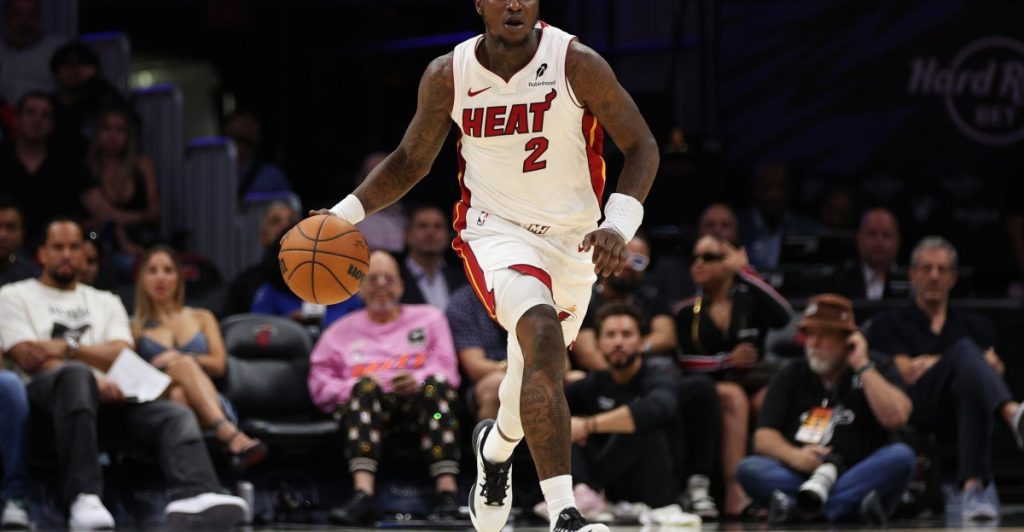The Rise of Sports Betting in the United States
Sports betting has exploded in popularity across the US, making it hard to remember that at the beginning of 2018, it was only permitted in four states, with Nevada as the sole location for betting on individual games.
Everything changed in May 2018 when the Supreme Court overturned the federal ban on most forms of sports gambling. Following this ruling, the legal sports betting market expanded to 38 states and Washington, DC, generating nearly $14 billion in revenue in 2024, primarily through popular and highly addictive mobile applications like DraftKings and FanDuel.
The lengthy prohibition stemmed from fears that the large sums of money involved could lead to corruption, undermining the integrity of sports. However, recent events suggest those concerns may not have been unfounded.
On Thursday, the FBI held a press conference in Brooklyn where it announced indictments of three current and former NBA players, including a Hall of Fame coach, for alleged ties to Mafia-led schemes involving theft, fraud, and insider betting. This comes just as the NBA season is set to start, raising questions about the integrity of the league.
These indictments are part of a broader pattern in professional sports scandals, likely the most severe yet, which could implicate more players. The only surprising aspect is the length of time it took for such a significant scandal to emerge after the onset of legalized sports betting. This inevitability is closely tied to how modern sports gambling operates and the immense financial stakes involved.
If you aren’t part of the estimated 20% of US adults who made a sports bet or maintained an online betting account last year, you might not fully grasp how much legalization and digitization have transformed gambling. It is now possible for bettors to easily place wagers through apps, including prop or micro bets where substantial amounts can hinge on minor events within a game.
While the proliferation of micro bets contributes to impulsive behavior and the potential for gambling problems, it also risks compromising the integrity of sports. Although it may sound far-fetched for athletes to actively cooperate with criminals to manipulate game outcomes, like the infamous Black Sox scandal of 1919, instances such as NBA player Terry Rozier allegedly informing gamblers to leave a game early illustrate how subtle manipulations can occur.
Concerns about crooked sports betting do not need to escalate for fans to begin questioning game integrity. This was precisely why major sports leagues opposed legalized sports betting, even litigating against New Jersey’s attempts to legalize it, leading to the Supreme Court ruling allowing states to decide for themselves.
Once the Supreme Court made its ruling, the allure of substantial profits from legalized gambling was enough to change the minds of professional sports leagues, with each league forming partnerships with betting firms. Betting lines have become integral to the sports media landscape, now significantly influenced by ubiquitous gambling advertisements.
However, legalized sports betting has also brought about social and financial challenges, with rising instances of problem gambling connected to decreased household savings and poor credit scores. Calls to gambling hotlines have surged.
The Supreme Court’s decision was rooted in legal reasoning regarding state authority, but its implications for American society have been profound, reshaping how both bettors and fans engage with sports. The recent indictments signal that we are just at the beginning of understanding these changes.



